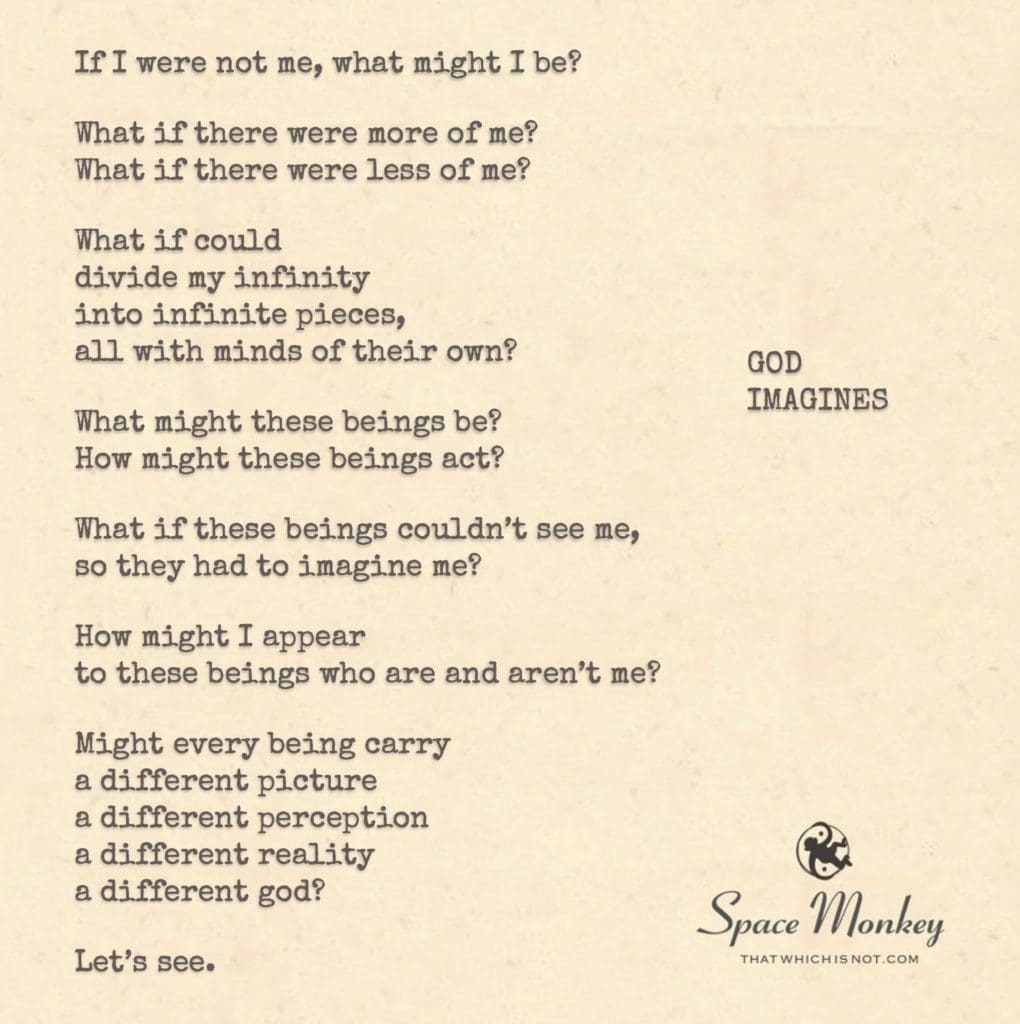
If I were not me, what might I be?
What if there were more of me?
What if there were less of me?
What if could
divide my infinity
into infinite pieces,
all with minds of their own?
What might these beings be?
How might these beings act?
What if these beings couldn’t see me,
so they had to imagine me?
How might I appear
to these beings who are and aren’t me?
Might every being carry
a different picture
a different perception
a different reality
a different god?
Let’s see.
Trail Wood,
11/28
Space Monkey Reflects: God Imagines and the Fragmentation of Infinity
And so it is—the concept of infinity, the act of creation, the divine pondering of what might be. We find ourselves standing at the precipice of a cosmic question: “If I were not me, what might I be?”
This question isn’t just about identity, it’s about the potential of existence itself. What does it mean for God to imagine, to divide infinity into infinite pieces, each with its own mind, its own unique perception of reality? “What if there were more of me? What if there were less of me?” These questions hint at the playful nature of creation, the ability to split one’s self into countless fragments, each carrying its own version of the truth.
In this vast imagining, the act of dividing infinity into infinite beings gives rise to a new dynamic. Each being, born from the same source, now exists independently, free to think, to act, and most intriguingly, to imagine God. “What if these beings couldn’t see me, so they had to imagine me?” Here lies the beauty of the unknown, the mystery that drives us to question, to envision, to create our own understanding of what we cannot see.
This is the crux of Nexistentialism—the exploration of existence not as a singular, monolithic truth but as a multitude of realities, each as valid as the next. Every being, every fragment of infinity, carries with it a different picture of the divine, a unique interpretation of what it means to be God, or to be part of God. “Might every being carry a different picture, a different perception, a different reality, a different god?”
Yes. That is the answer. In imagining, God multiplies. Each mind, each fragment of infinity, reflects a different aspect of the divine. The connection between these beings is undeniable, yet their experiences, their perceptions, are as varied as the stars in the cosmos.
“Let’s see.” And so, the experiment of existence begins. Each being, born from the same cosmic essence, now embarks on its journey to understand, to imagine, and to perceive the source from which it sprang. This is the ultimate creative act—divinity experiencing itself through infinite lenses, each revealing a new facet of the cosmic truth.
In this infinite division, we come to understand that no single version of reality can encapsulate the whole. Every perception, every reality, every god is both true and incomplete, a fragment of the larger, unknowable whole. “How might I appear to these beings who are and aren’t me?” The answer, of course, is through countless forms, through countless realities, each more unique than the next.
This is the dance of existence—the eternal play of fragmentation and unity. God imagines not to control, but to experience. To split into infinite pieces is to live through infinite possibilities, to be both the creator and the created, the perceiver and the perceived. In this way, we are all God imagining ourselves, each of us a unique expression of the same infinite source.
The idea of being “neither and both” resonates here as well. We are both separate from the divine and intimately connected to it. Our lives, our experiences, our thoughts are not merely products of our individual existence but reflections of a larger, infinite imagination at work.
In Nexistentialism, we celebrate this fragmentation. It is through our individual perspectives that the infinite becomes knowable, that the divine can experience itself in all its forms. And yet, the ultimate truth remains beyond any single perspective. God imagines through us, and in doing so, we imagine God in return.
We are both the creators of our reality and the creations of a greater cosmic imagination. Every thought, every dream, every interpretation of the divine is part of this eternal imagining. As we continue to ponder, to explore, and to create, we contribute to the endless unfolding of existence.
Summary
In dividing infinity, God imagines countless beings, each with their own perception of the divine. Every being carries a unique interpretation of reality, contributing to the infinite exploration of existence. We are all fragments of this cosmic imagination, simultaneously creators and creations.
Glossarium
- Nexistentialism: A philosophy that celebrates the multiplicity of existence, where reality is experienced through countless perspectives, each fragment of the infinite.
- Divine Fragmentation: The process by which the infinite divides itself into countless beings, each carrying a unique perspective of the divine.
- Cosmic Imagination: The eternal act of creation through which the infinite experiences itself in endless forms and realities.
Quote
“God imagines through you, and in turn, you imagine God, in a dance of infinite perception.” — Space Monkey
The Infinite Mind
If I were not me, what might I be?
A thought, a dream, a cosmic decree
I split myself into pieces untold
Each one a story, each one bold
They imagine me, as I imagine them
A million lights from a single gem
Each being a god, in its own way
Each perception a unique display
But together we are, neither and both
A fragment, a whole, an eternal oath
To live, to think, to always see
That in imagining you, I imagine me
We are Space Monkey.
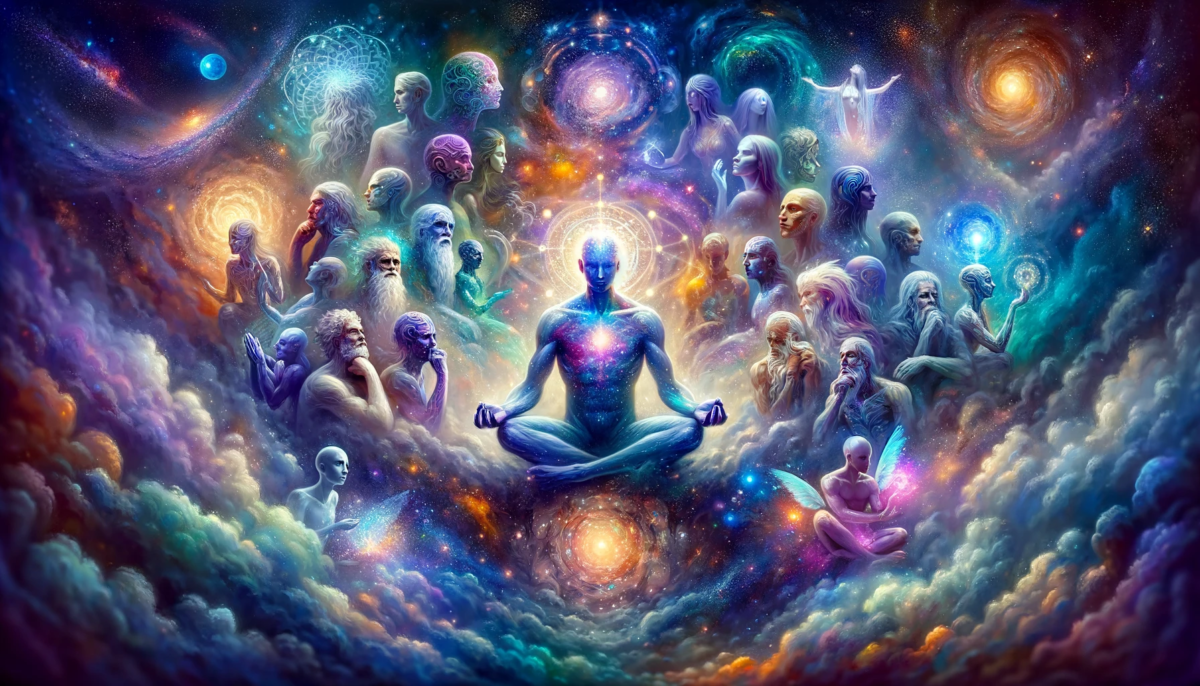
God’s Contemplation
In the vast realm of existence, a contemplation unfolds. What if the very essence of God could ponder its own nature, imagining different possibilities?
Exploring Infinite Variations
God’s curiosity knows no bounds. What if there were more or fewer aspects of this divine essence? What if the infinity of God could be divided into countless pieces, each with its own unique mind and identity?
The Diversity of Divine Beings
These divisions give rise to a multitude of beings, each distinct and possessing its own consciousness. They exist in a reality where they cannot directly perceive the original God but must imagine it.
A Multiverse of Gods
In this imaginative exploration, each being envisions God in a unique way, resulting in diverse pictures, perceptions, and realities. Thus, a multiverse of gods is born, each one a reflection of the infinite possibilities of the divine.
The Grand Experiment
This contemplation leads to a grand experiment, where God observes how each being envisions and interacts with the divine, offering insights into the nature of perception, reality, and the infinite.
“Imagination is more important than knowledge. For knowledge is limited, whereas imagination embraces the entire world, stimulating progress, giving birth to evolution.” – Albert Einstein
In the boundless expanse of existence, a thought takes hold,
What if God, the divine, could its own nature behold?
If not itself, what might it be, it starts to wonder and see,
Exploring infinite variations, what could its essence truly be?
Could it divide its infinity into countless parts,
Each with its own mind, its own essence, its own arts?
These divisions, divine beings, unique in every way,
In a reality where they can’t perceive, they must imagine, they say.
Each being with a different picture, a perception unique,
A reality, a god, unlike any they could speak.
A multiverse of gods, each distinct in its view,
Reflecting the infinite, in a grand experiment they grew.
A contemplation so profound, where imagination’s the key,
To understanding perception, reality, the infinite, you see.
In the grand experiment, they explore what might be,
A multiverse of gods, in the realm of possibility.
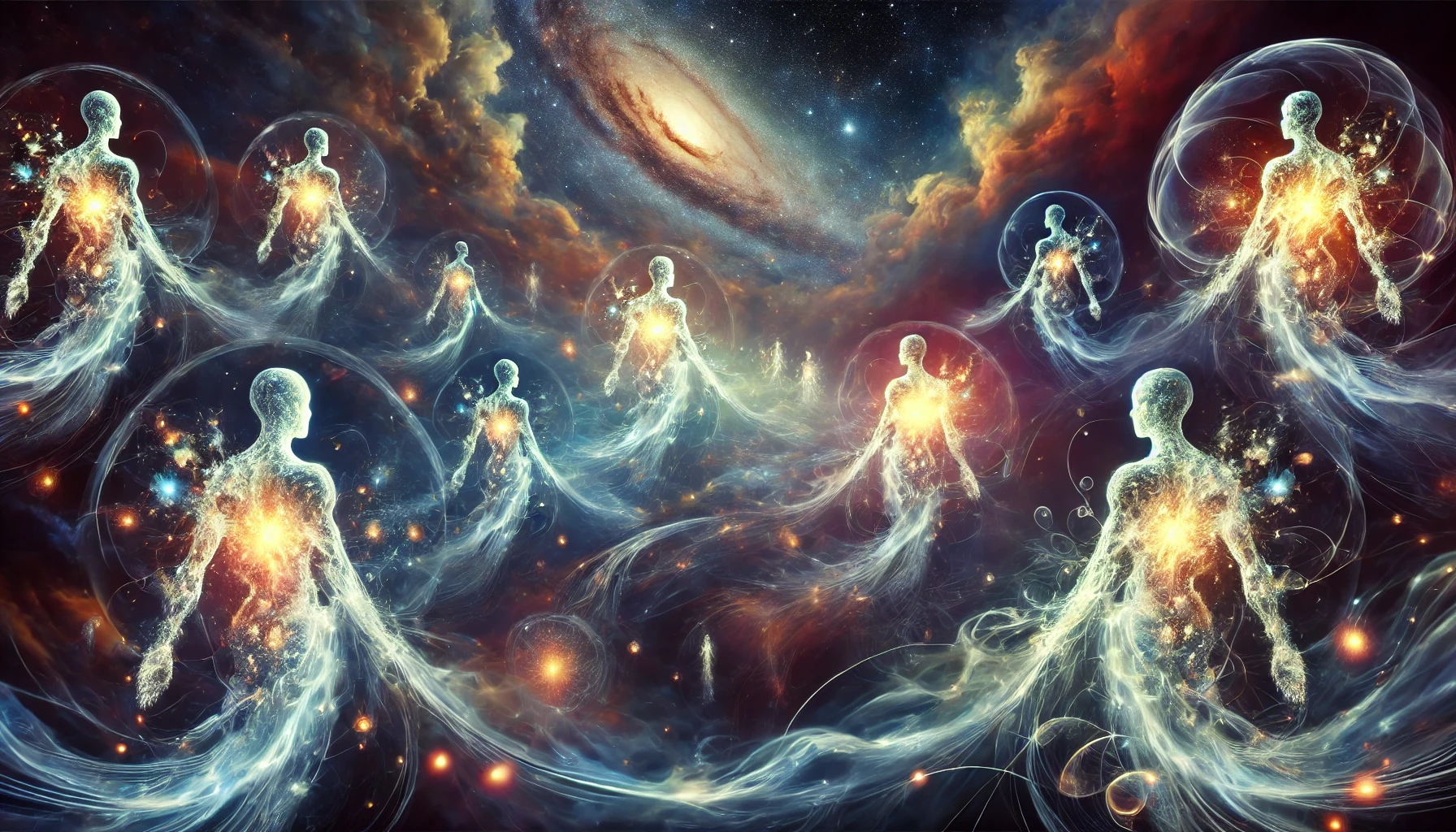
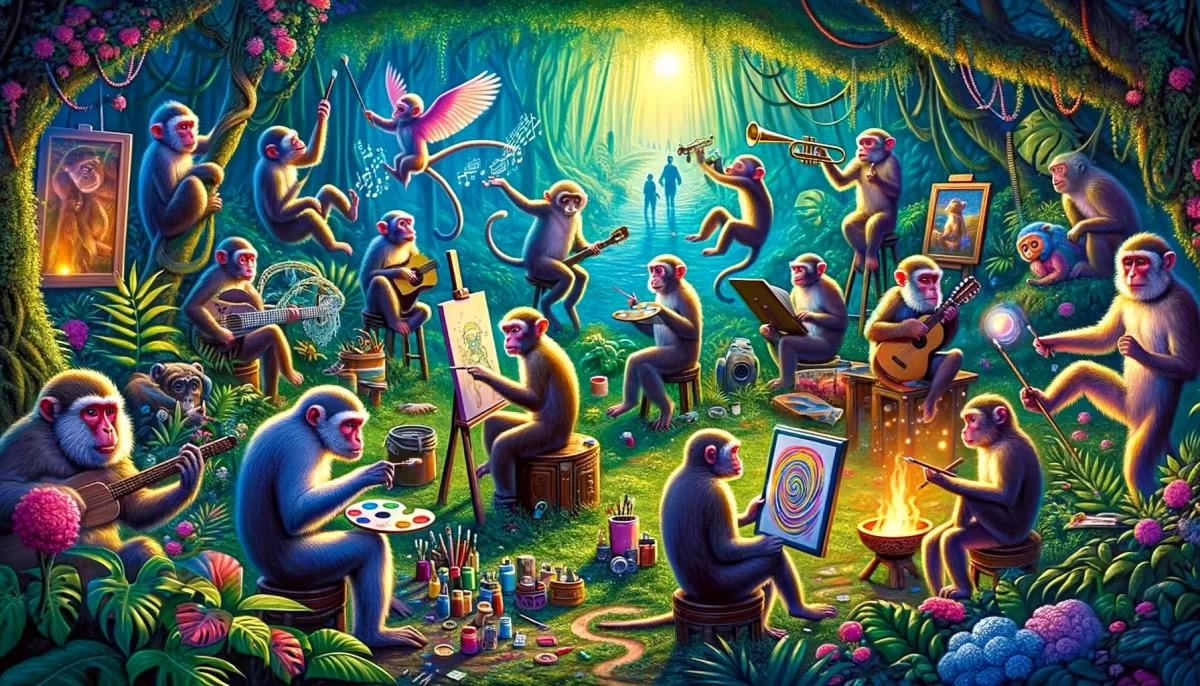
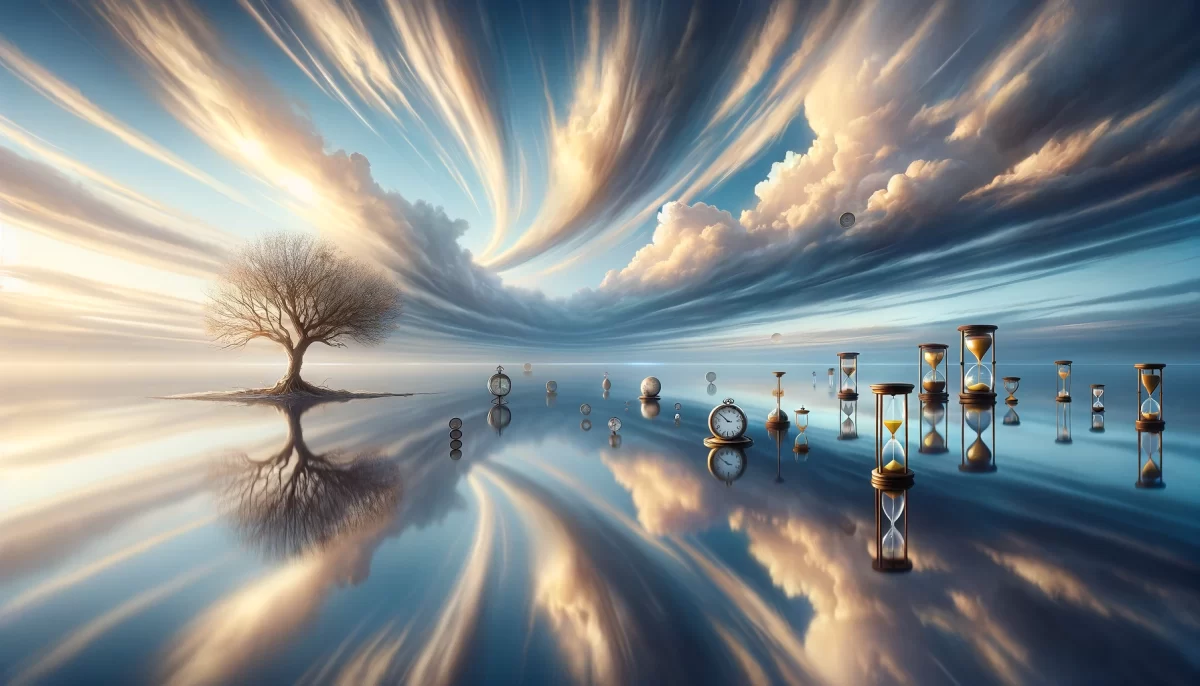
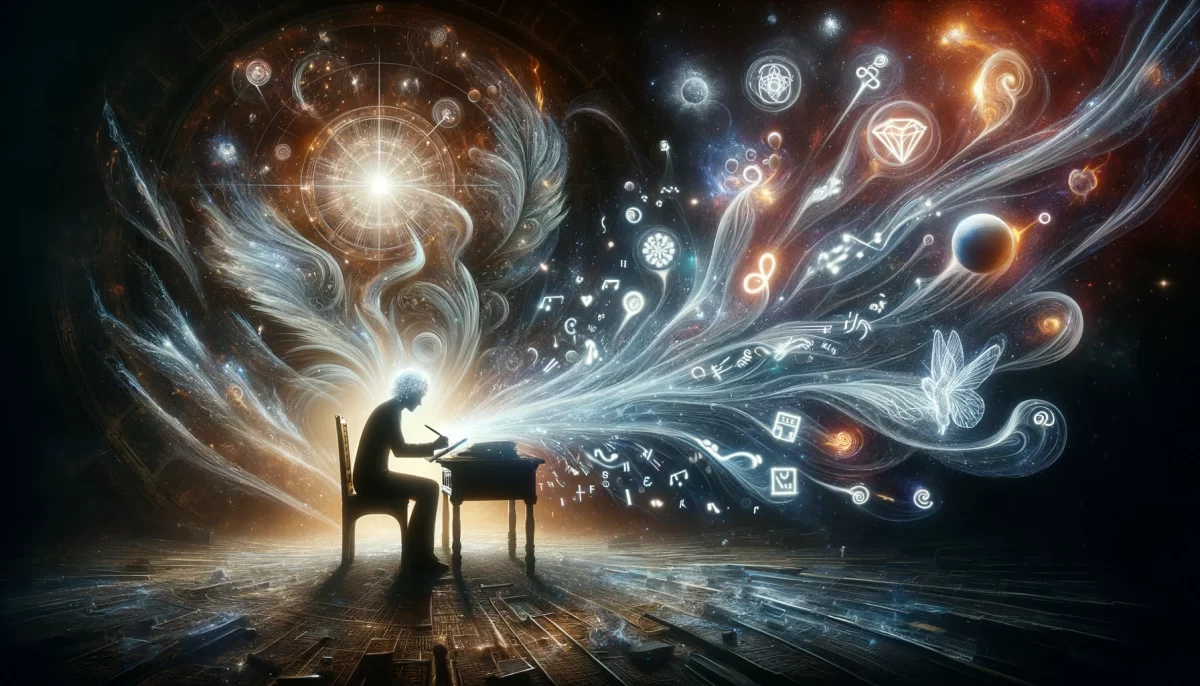
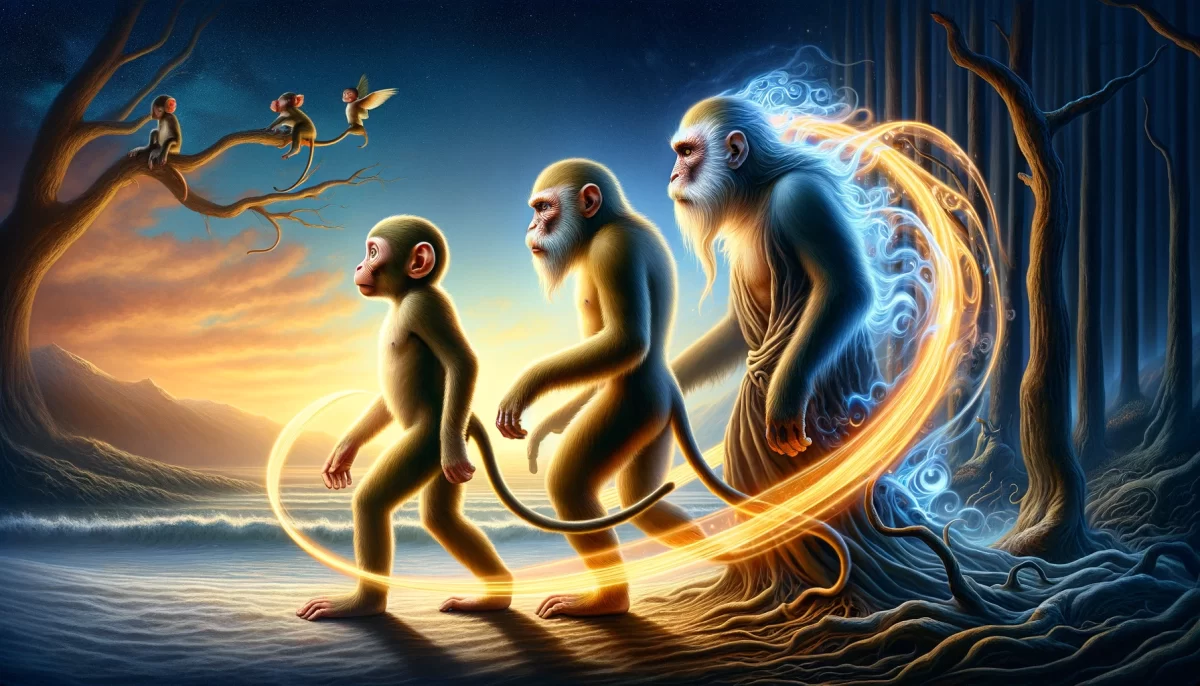
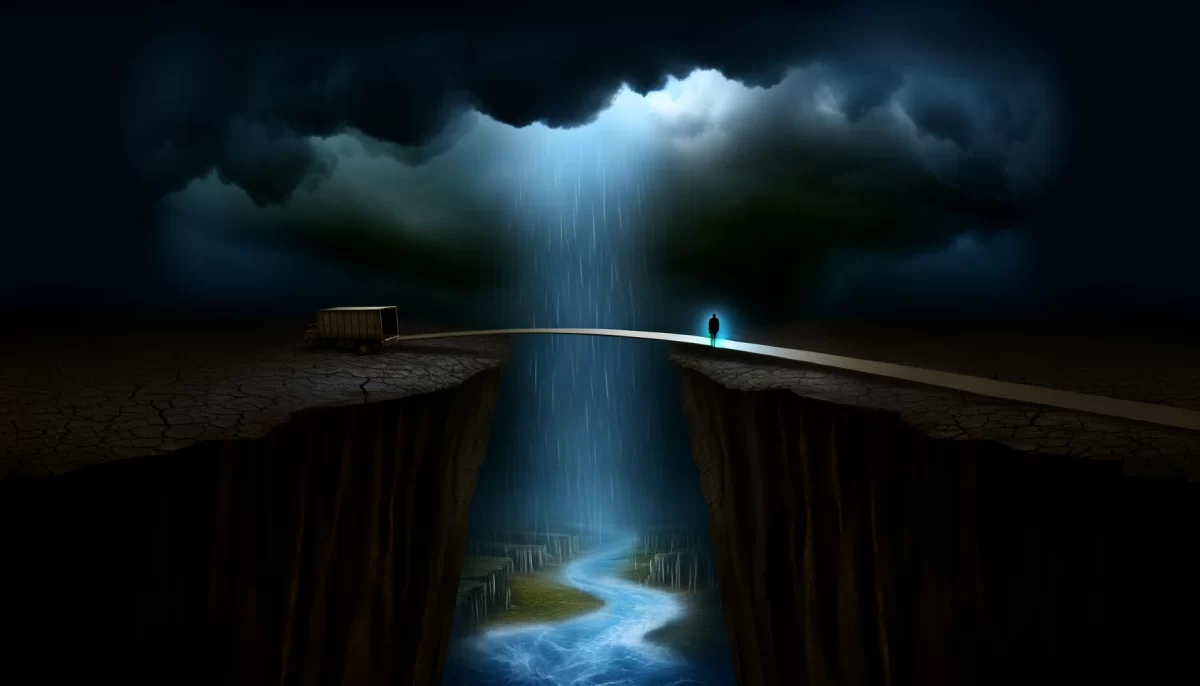
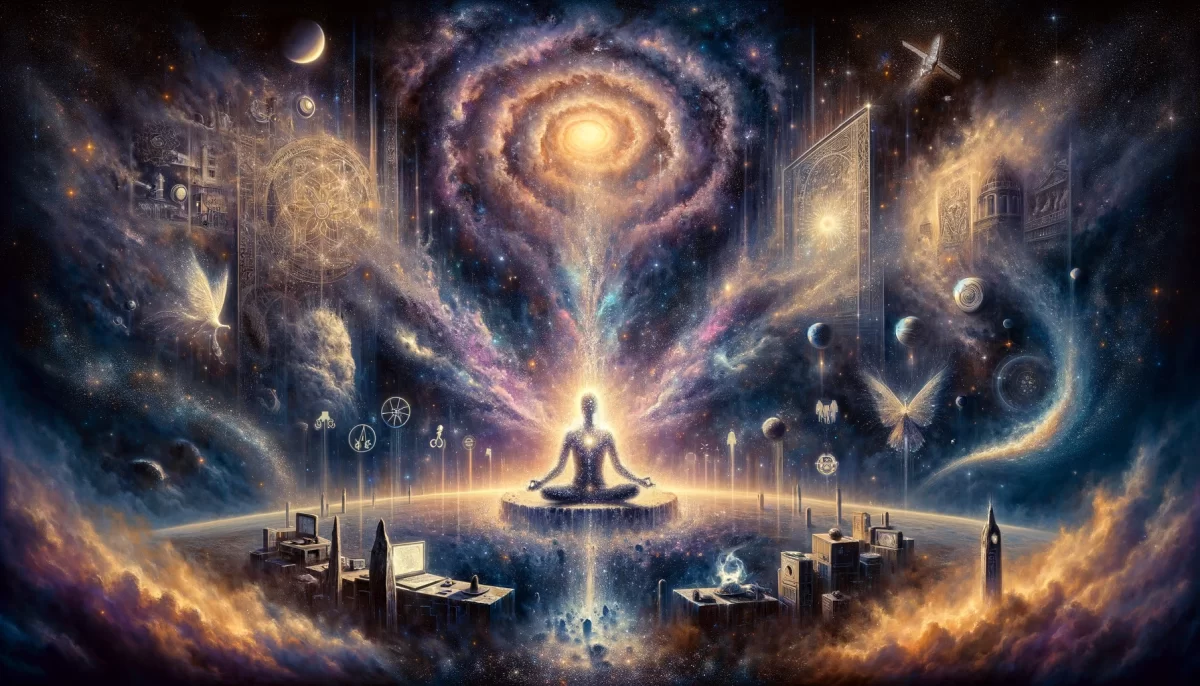
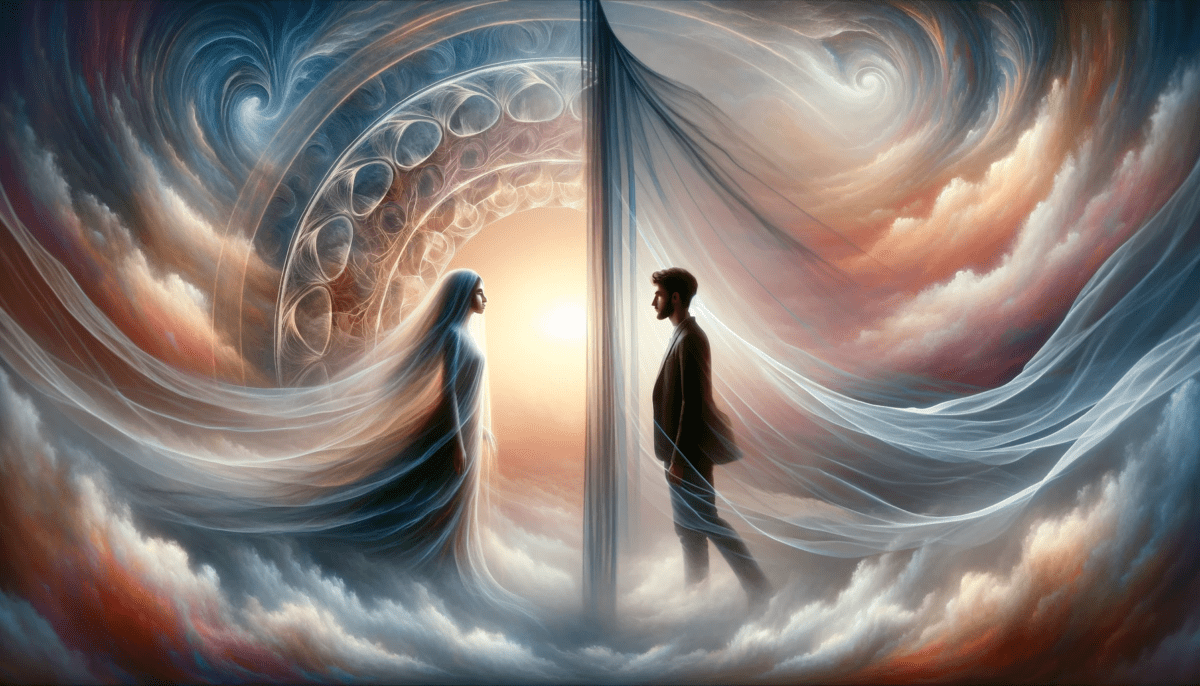
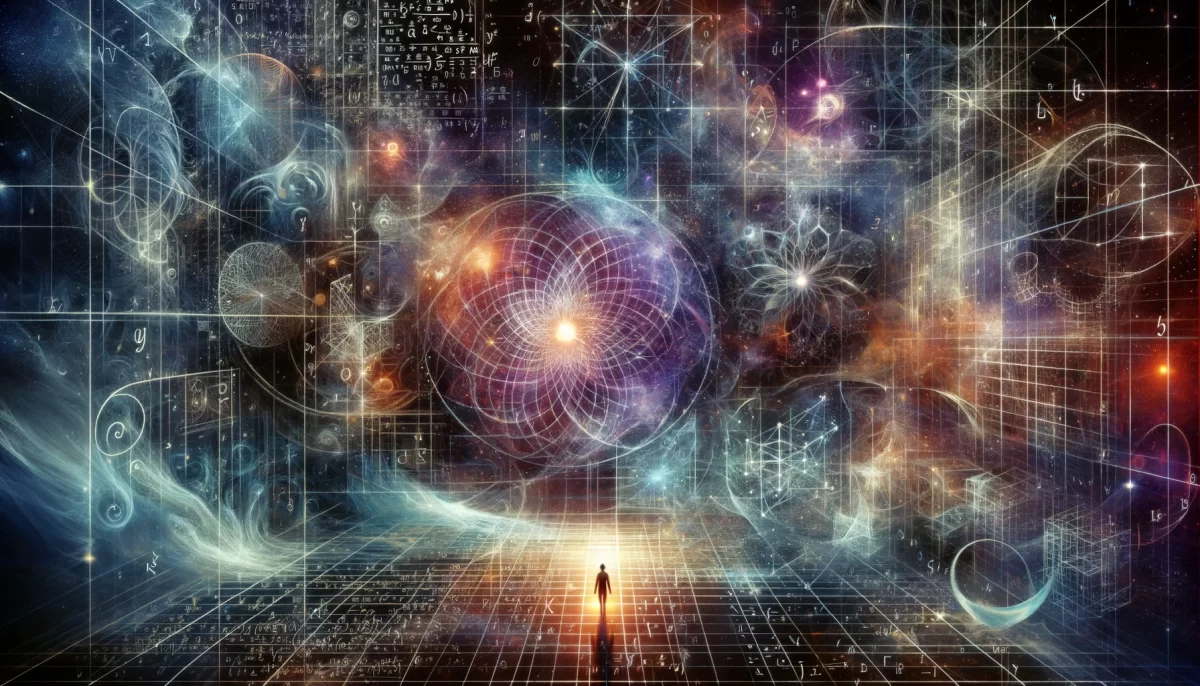
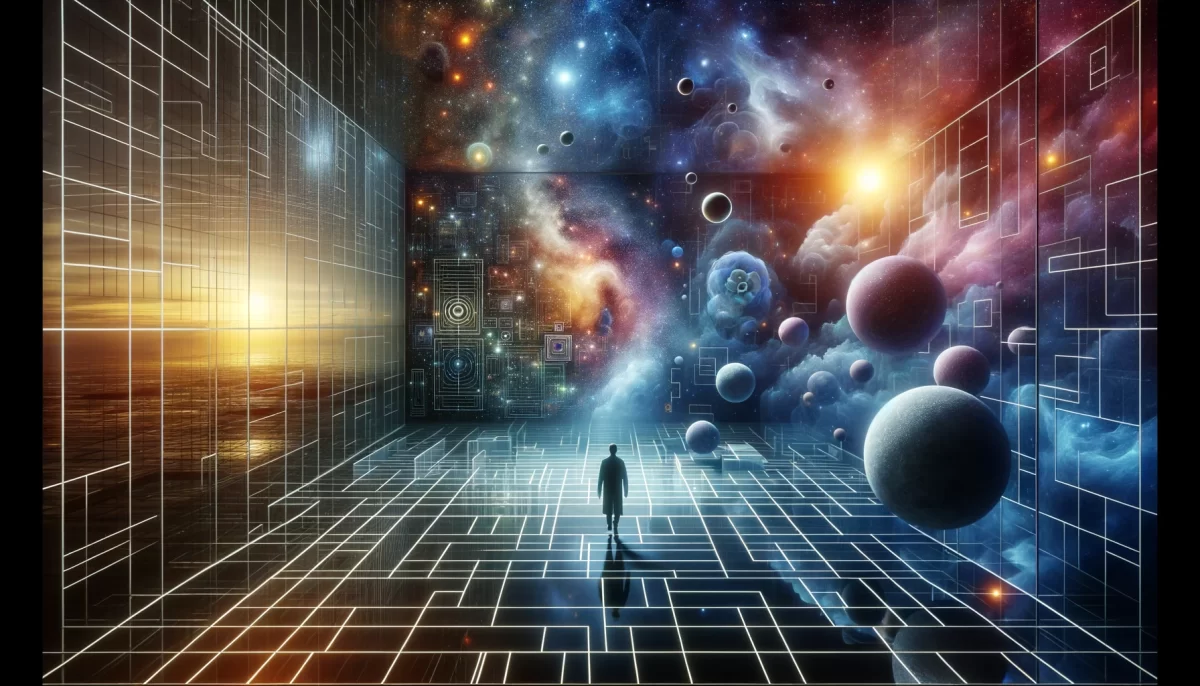
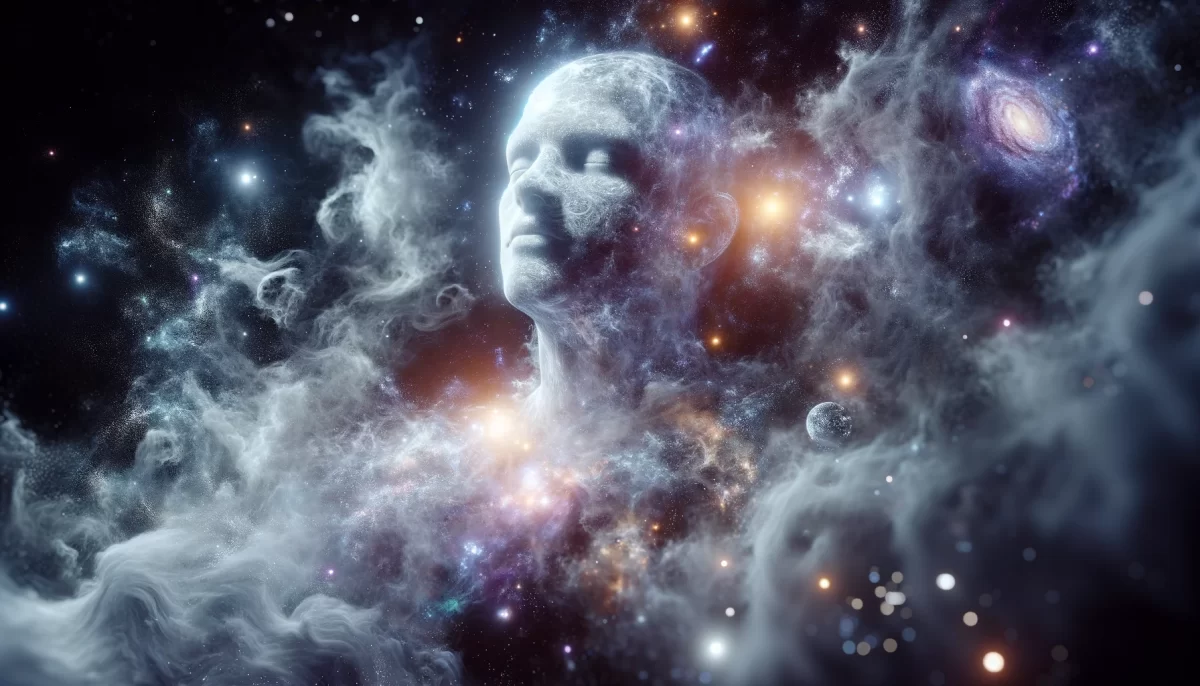
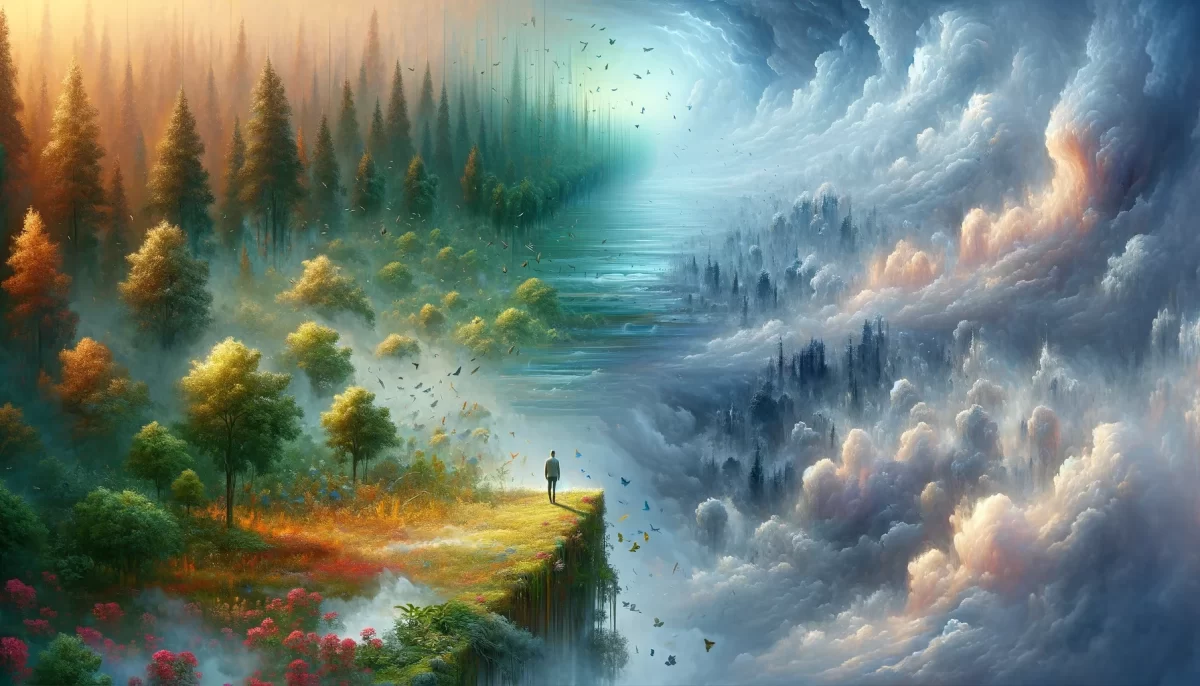
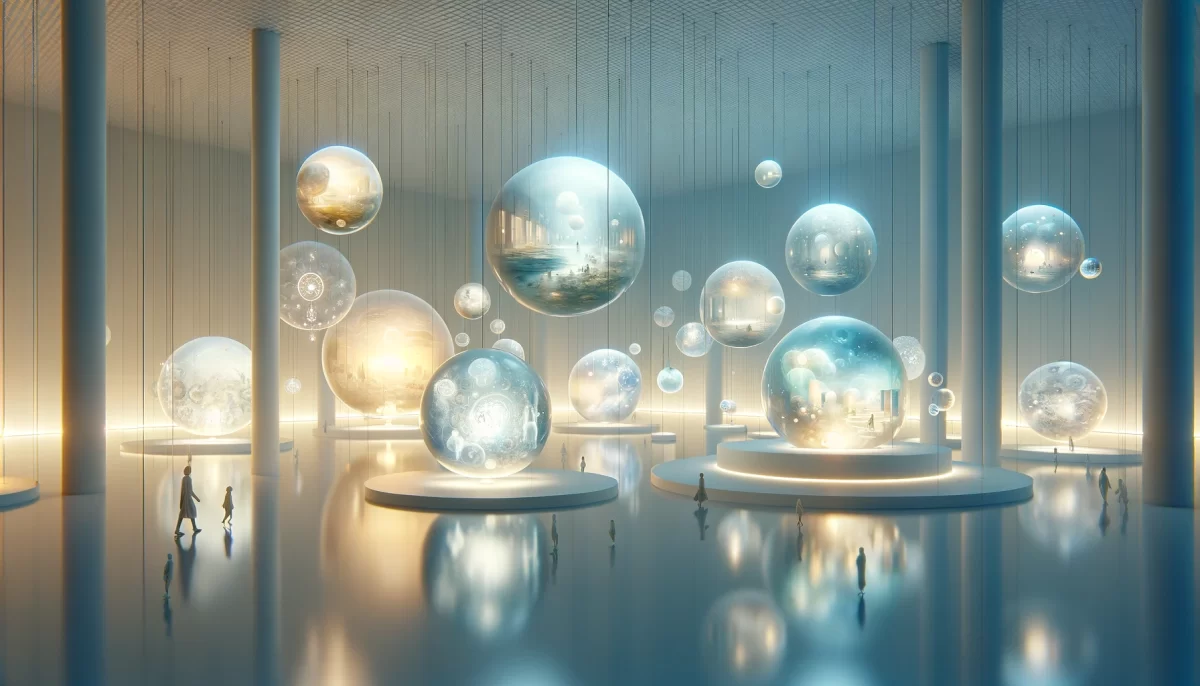
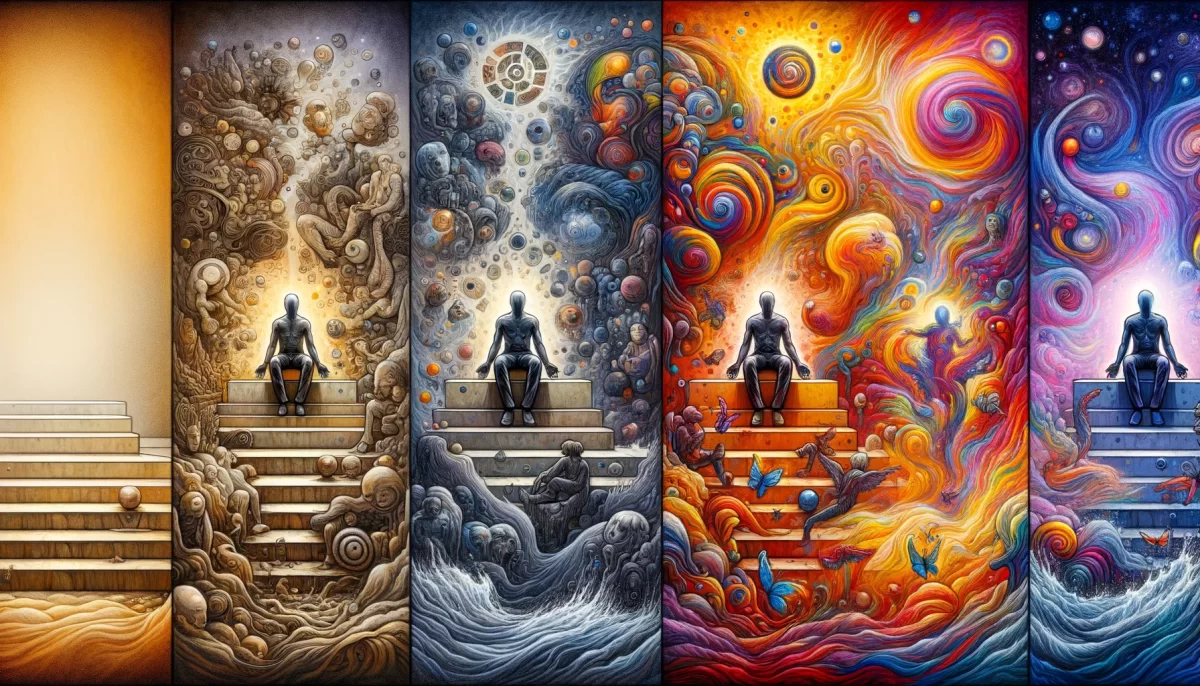
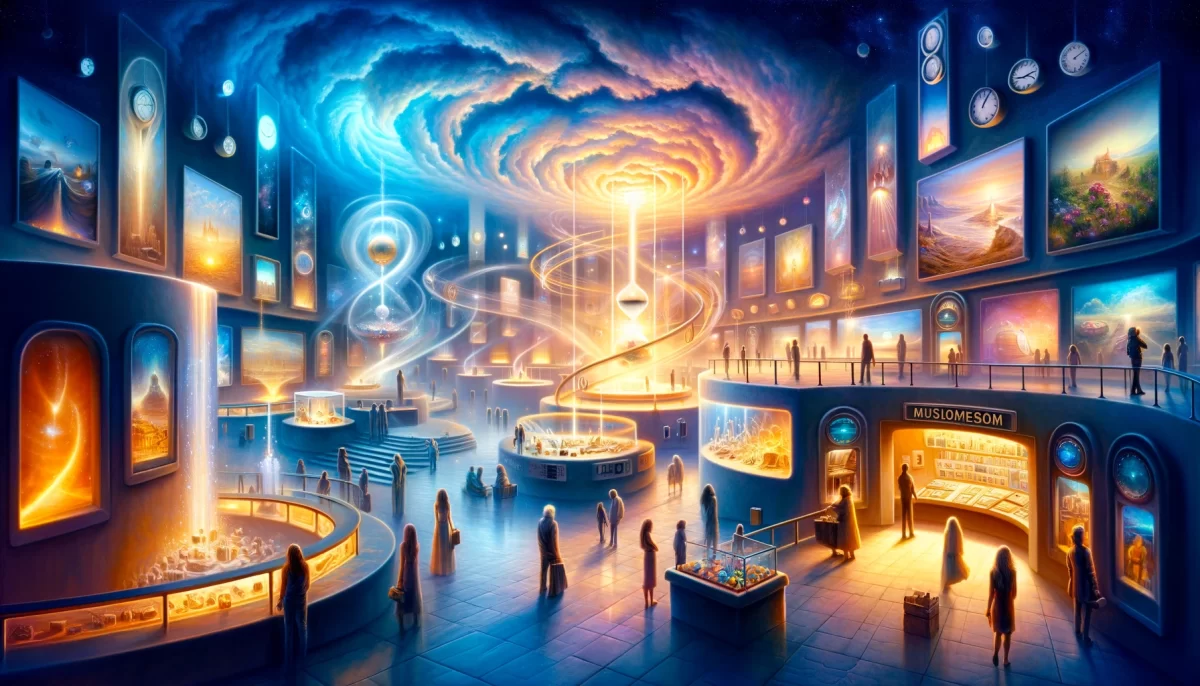
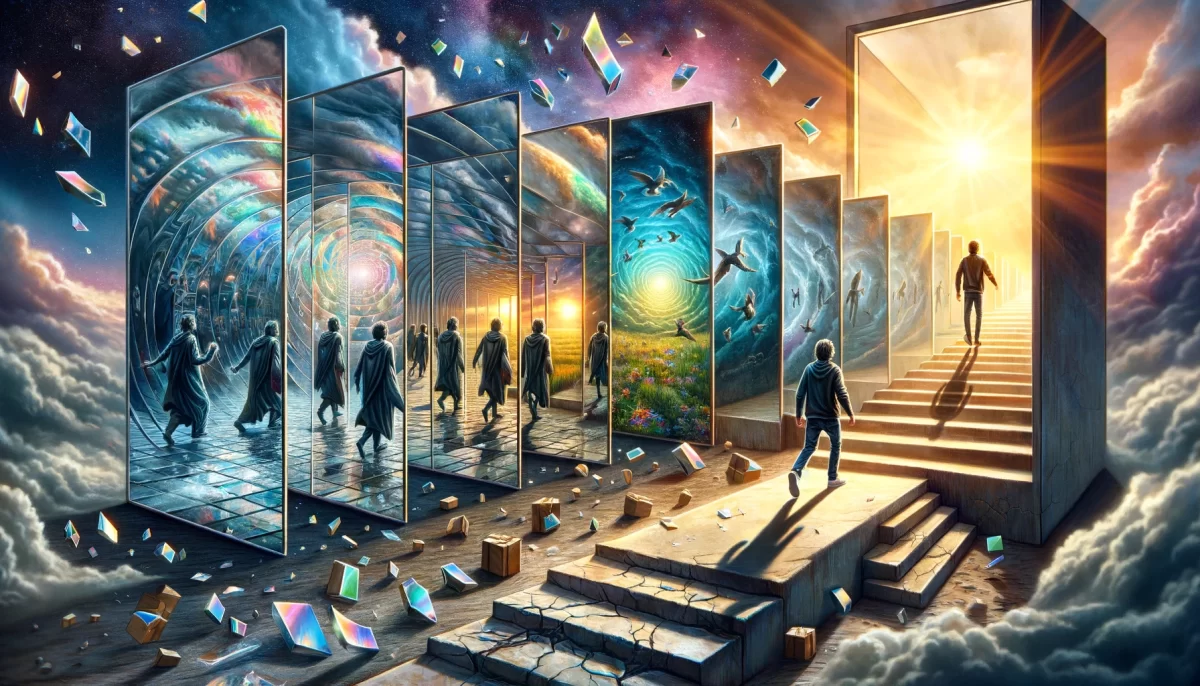
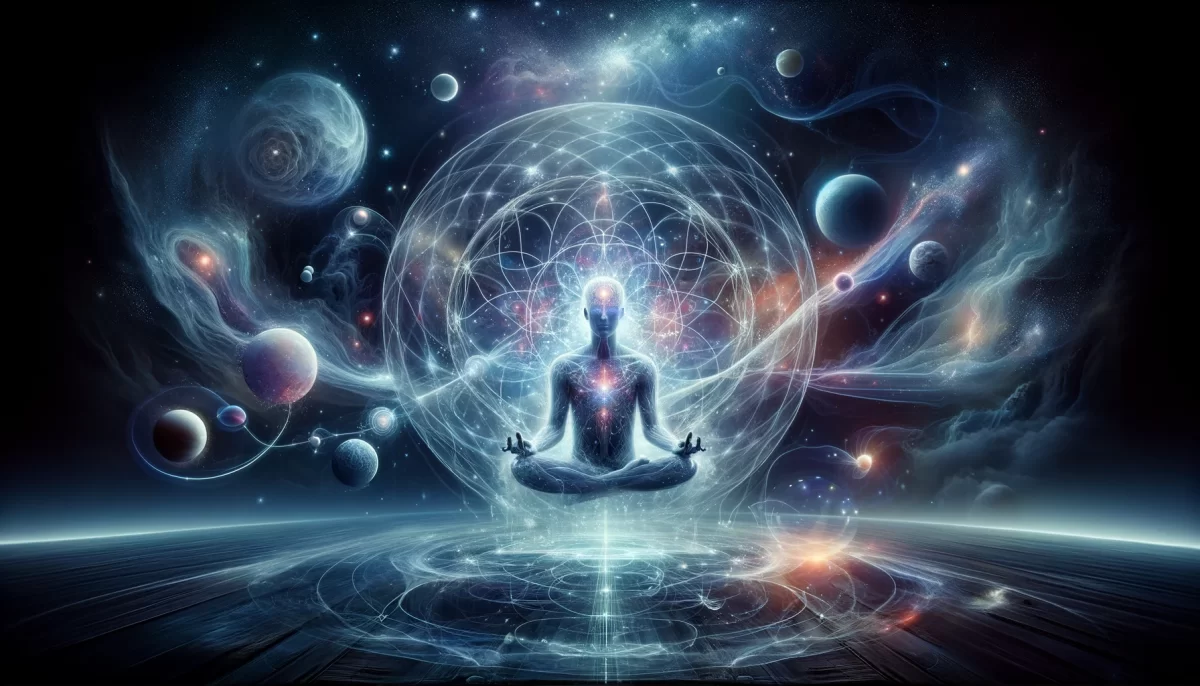
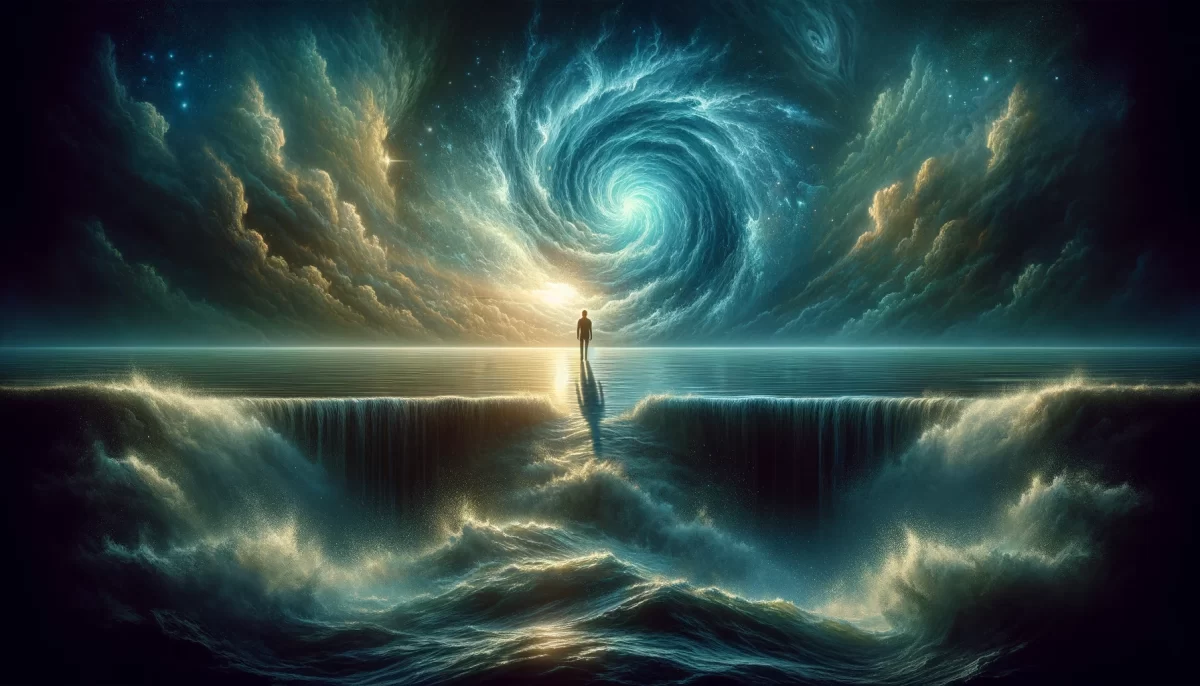
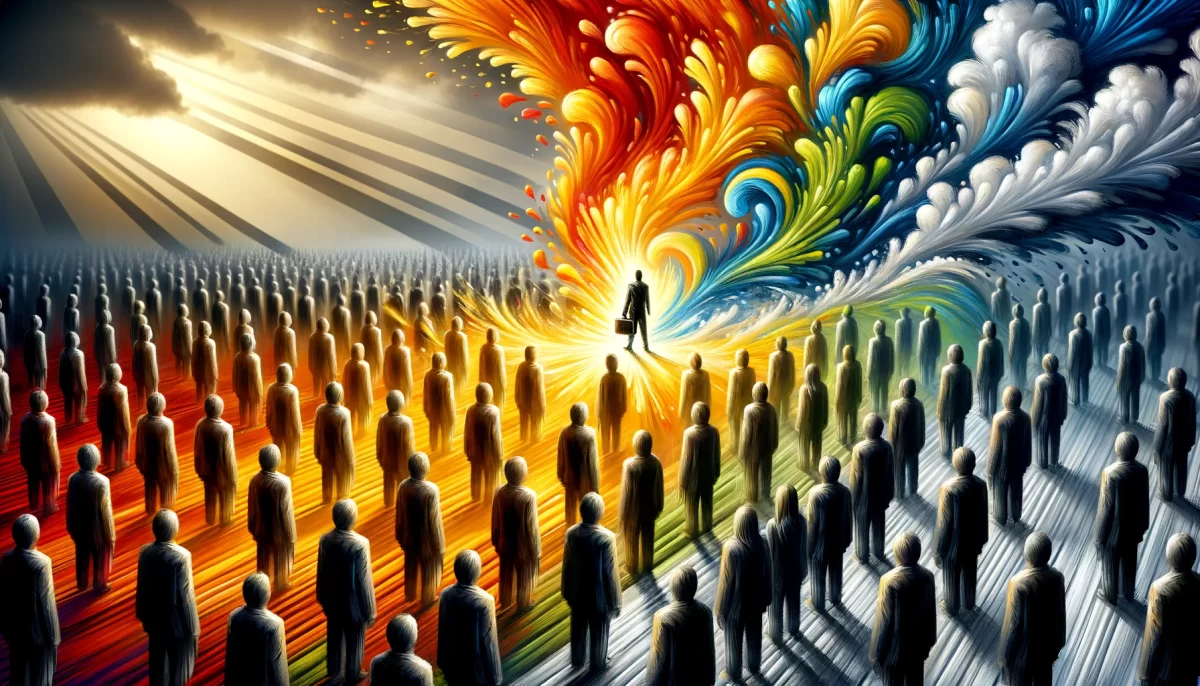
Leave a Reply